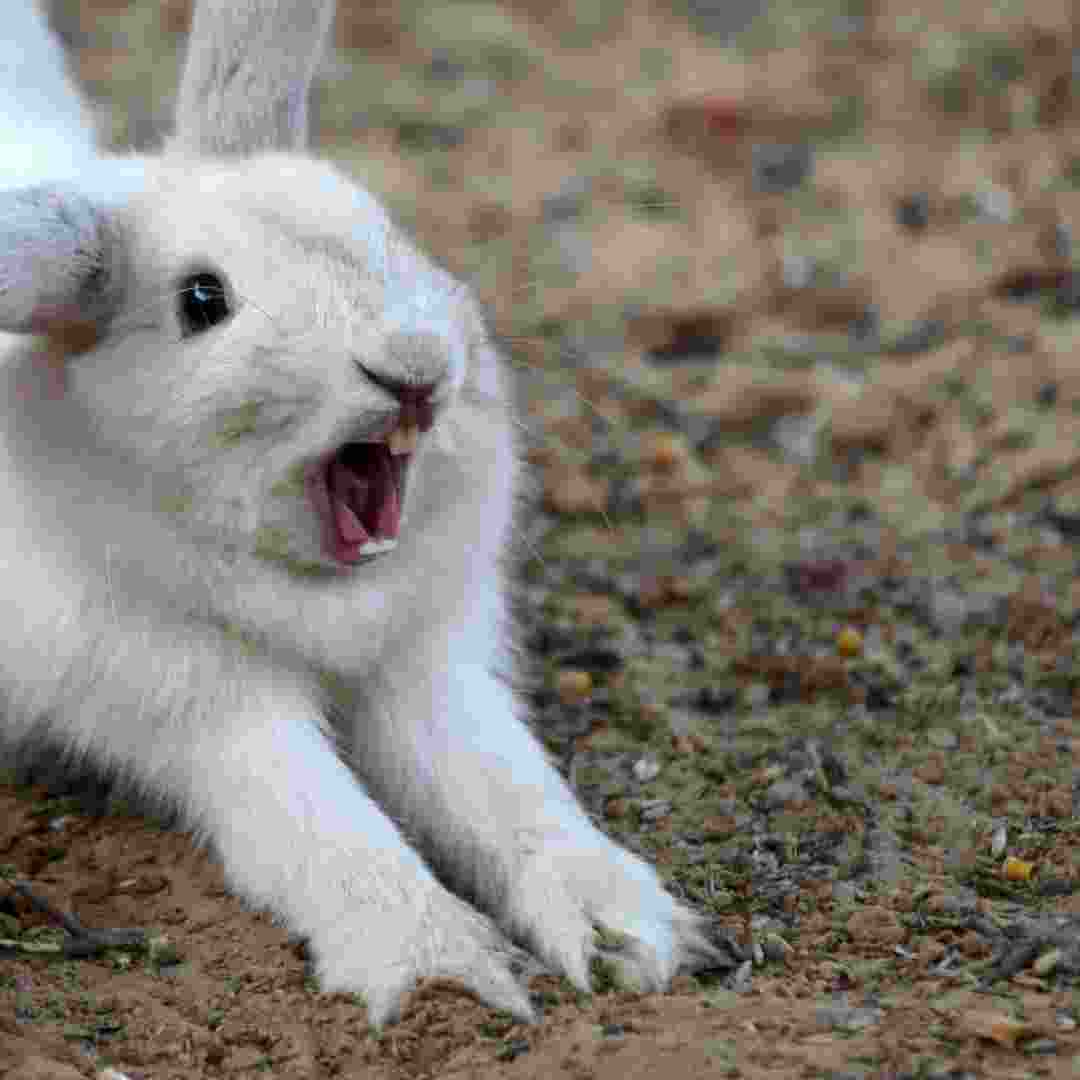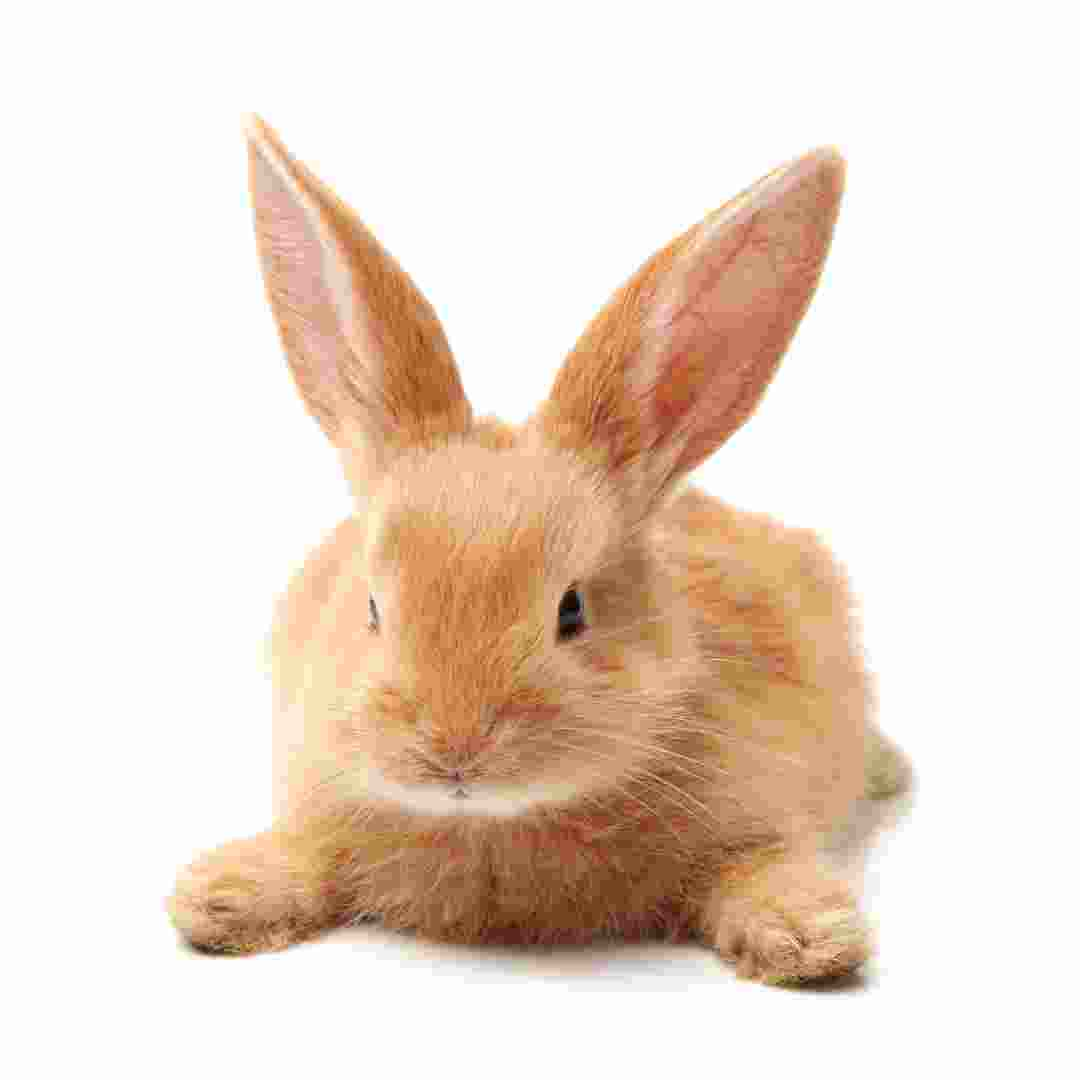Contents Table
Introduction
What Causes Unhealthy Rabbit Cecotropes?
Identifying Unhealthy Rabbit Cecotropes
Treatment of Unhealthy Rabbit Cecotropes
Bad Cecotropes in Rabbits
Prevention of Unhealthy Rabbit Cecotropes
Q&A
Conclusion
Introduction
Unhealthy rabbit cecotropes may indicate a health condition. The digestive system's cecum produces mushy, stinky, and slimy rabbit excrement called cecotropes. A rabbit's nutrition relies on cecotropes, which contain nutrients and microbes that aid digestion. However, unhealthy rabbit cecotropes may indicate a health issue. This page discusses rabbit cecotrope symptoms, causes, and remedies.
What Causes Unhealthy Rabbit Cecotropes?
Several reasons can induce unhealthy rabbit cecotropes. These include gastrointestinal problems, infections, and dietary deficits.
Rabbit cecotropes might be unhealthy due to diet. Rabbits need a high-fiber, low-carb diet. Without sufficient nourishment, rabbits might develop unhealthy cecotropes. Cecotropes can become mushy and sticky with a high-carb diet.
Rabbit cecotropes can be sick due to gastrointestinal issues. Gastrointestinal diseases affect digestion, causing nutrient malabsorption. This can cause soft, sticky cecotropes.
Rabbits can get unhealthy cecotropes from infections. Bacterial and fungal infections can inflame the gut, preventing nutritional absorption. This can cause soft, sticky cecotropes.
Rabbits need a balanced, high-fiber, low-carb diet to avoid harmful cecotropes. The rabbit should also be monitored for gastrointestinal issues and infections. If any of these problems exist, seek veterinary attention immediately.
Identifying Unhealthy Rabbit Cecotropes
Rabbit cecotropes with unhealthy appearance, smell, and texture are identifiable.
Appearance: Healthy cecotropes are lustrous dark green. Healthless cecotropes are pale, drab, and may have white or yellow markings.
Healthy cecotropes smell pleasant and musky. Unhealthy cecotropes may smell bad.
Healthy cecotropes are wet and supple. Dry, hard, or lumpy cecotropes are unhealthy.
If your rabbit's cecotropes show any of these symptoms, take it to the vet. Poor cecotropes may indicate an intestinal illness or food insufficiency.
Treatment of Unhealthy Rabbit Cecotropes
Soft, pungent cecotropes are rabbit droppings. Rabbits need them because they contain vitamins and minerals not found in droppings. Unfortunately, unhealthy cecotropes can indicate a health issue. Rabbits' health depends on identifying and treating diseased cecotropes.
To treat unhealthy rabbit cecotropes, find the cause. Poor diet, gastrointestinal difficulties, and stress can develop harmful cecotropes. If nutrition is the reason, add more fresh vegetables and hay to the rabbit's diet. A veterinarian should examine and treat the rabbit if the reason is gastrointestinal. If stress is the culprit, provide the rabbit a peaceful environment.
After finding the source, treat the unhealthy cecotropes. Give the rabbit a high-fiber, vitamin-rich food. The diet should contain fresh vegetables, hay, and high-quality pellet food. Dietary probiotics can also restore gut microbial balance.
Finally, check the rabbit's health and cecotropes regularly. If cecotropes remain unwell, take the rabbit to a vet for additional evaluation and treatment. Proper treatment can repair diseased cecotropes and restore rabbit health.
Bad Cecotropes in Rabbits
Rabbits are special and need special care. The soft, wet, and pungent cecotropes rabbits create and consume are vital to their health. Cecotropes are vital to rabbit health, but diseased ones can be fatal.
Rabbits develop cecotropes in their alimentary canal. Rabbits need proteins, vitamins, and minerals from them. Rabbits eat these droppings from their anus, hence the name “night feces.”
Poor diet, stress, and disease can induce unhealthy cecotropes. A rabbit's cecotropes won't contain enough nutrients if their food is inadequate. Since rabbits are susceptible to environmental changes, stress can also create harmful cecotropes. Certain disorders can interfere with healthy cecotrope formation, causing harmful ones.
The risks of unhealthy cecotropes are several. Without appropriate nutrients, a rabbit might grow malnourished and have health issues. Digestive difficulties including diarrhoea and bloating might result from unhealthy cecotropes. Unhealthy cecotropes can kill.
Check your rabbit's cecotropes for health. Your rabbit's cecotropes should be checked at the vet if they change colour or consistency. To maintain healthy cecotropes, provide your rabbit a balanced diet and a stress-free environment.
Finally, unhealthy cecotropes can kill rabbits. Check your rabbit's cecotropes for health. To maintain healthy cecotropes, provide your rabbit a balanced diet and a stress-free environment.
Prevention of Unhealthy Rabbit Cecotropes
Rabbits are special and need special care. Healthy cecotropes are crucial to rabbit care. Rabbits' soft, scented, grape-like cecotropes are vital to their health. Unhealthy cecotropes may indicate a health issue and should be treated immediately. Avoid harmful rabbit cecotropes with these tips:
1. Give rabbits a balanced diet: Rabbits need it. Give your rabbit fresh vegetables, hay, and a few pellets. Treating your rabbit too much can cause a nutritional imbalance.
2. Hydrate rabbits: Water is vital to their wellbeing. Always give your rabbit clean water.
3. Give rabbits lots of exercise: Exercise is vital. Give your rabbit lots of room to run and play.
4. Keep an eye out for indicators of disease in your rabbit. Contact your vet promptly if your rabbit's behaviour or cecotropes change.
These suggestions will help your rabbit produce healthy cecotropes and stay well and happy.

Q&A
1. What are harmful cecotropes?
The cecum, part of the digestive system, produces mushy, smelly, dark-colored rabbit excrement pellets called unhealthy cecotropes.
2. What creates unhealthy cecotropes?
Poor diet, stress, and digestive issues can induce unhealthy cecotropes.
3. What are harmful cecotrope symptoms?
Soft, stinky, black pellets, diarrhoea, weight loss, and decreased appetite are indications of unhealthy cecotropes.
4. Can unhealthy cecotropes be treated?
Adjusting the rabbit's nutrition, decreasing stress, and treating illnesses can treat unhealthy cecotropes.
5. How may harmful cecotropes be avoided?
A nutritious diet, stress reduction, and frequent veterinary treatment can prevent unhealthy cecotropes.
Conclusion
Diet, stress, and sickness can create unhealthy rabbit cecotropes. If your rabbit has unhealthy cecotropes, take them to the vet for a checkup and diagnosis. Your rabbit can produce healthy cecotropes with adequate care and nourishment.
